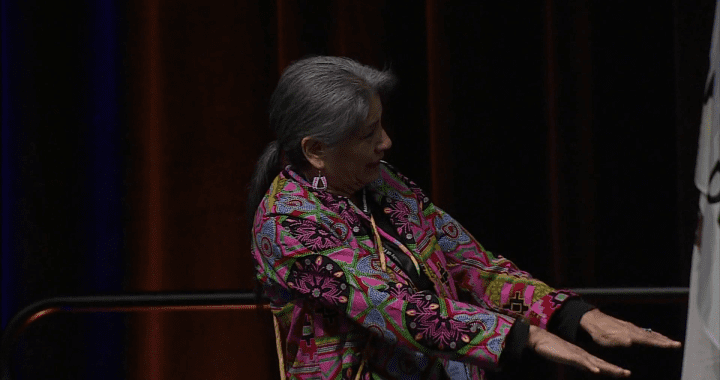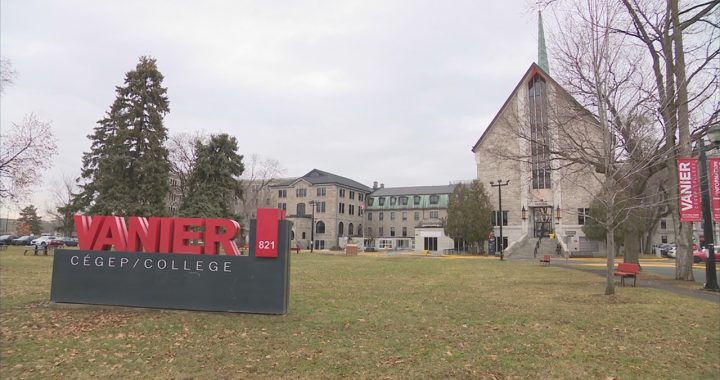A Federal Court judge has verbally approved a landmark $23-billion settlement that will see Ottawa compensate more than 300,000 First Nations children and their families for chronically underfunding their on-reserve child welfare services.
The approval comes after a two-day hearing in Ottawa where the Assembly of First Nations (AFN) and the federal government urged the court to accept the deal that was also endorsed by the Canadian Human Rights Tribunal.
The case was launched in 2007 by the AFN and Cindy Blackstock, head of the First Nations Child and Family Caring Society. In 2016, the tribunal ruled that Canada discriminated against First Nations families living on reserve in all provinces and the Yukon by underfunding the services meant to protect them.
Canada challenged the case and the ruling many times in federal court and lost each time. Eventually, two class-action lawsuits were brought against Ottawa outside of the tribunal.
Then the federal government decided to strike a deal with the parties to settle the case.
On Dec. 31, 2021, Canada announced it reached a $40-billion settlement with the AFN and the two separate lawsuits.
The deal came in two parts – $20 billion for compensation and $20 billion for long-term reforms of the system. It was anticipated the deal would satisfy the tribunal’s 2016 ruling that found Canada guilty of “willfully and recklessly” discriminating against First Nations children involved in the child welfare system on reserve.
In 2019, the tribunal addressed the compensation part of the deal and ordered Canada to pay victims, and some extended family members, $40,000 each.
But while the formula the AFN and Canada reached would, in some cases, increase compensation to some victims, it would leave others out.
“Denying entitlements once recognized in orders is an unfair and unjust outcome that the Tribunal cannot endorse,” said Sophie Marchildon, one of the tribunal’s commissioners.
Canada and the AFN started meeting again. The feds upped the compensation to $23 billion to include those originally left out.
The AFN also asked Prime Minister Justin Trudeau to apologize on behalf of the government to the children and families who were the victims of the discrimination.
Indigenous Services Minister Patty Hadju supports the request.
“I think that the partners have asked for the prime minister to apologize, and so I’ve certainly communicated that to him,” Hadju said in an interview in Ottawa Tuesday.
“I think the Canadian government owes a debt of apology to Indigenous people who have suffered tremendously through discriminatory programs like the child welfare system.”










